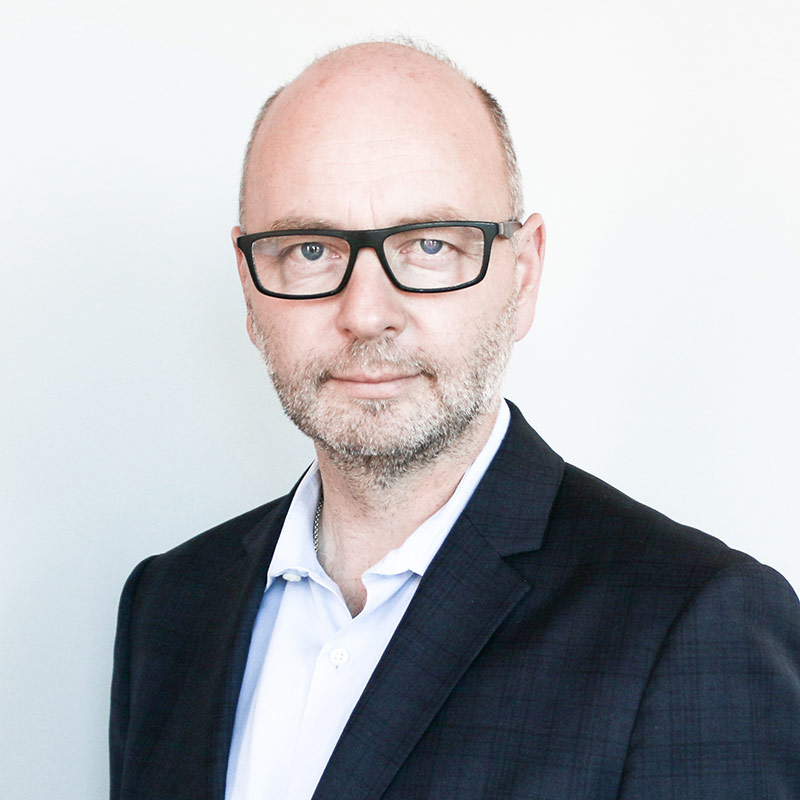A Warrior’s Battle with God
Sid Shachnow has two Silver Stars, three Bronze Stars and two Purple Hearts -- and that's just for his service in Vietnam, where he led his troops with courage and distinction.
“There was no room for conscience,” he confides when discussing his 39 years of military service. “Once I was face to face with a Viet Cong. I had him in my sights as he ran toward me. He dropped his weapon and veered left. I did not pull the trigger. I still do not know if I did the right thing. My conscience got in the way.”
Shachnow was no stranger to death. By the time he was 10, he was already a veteran of the Kovno Ghetto. He had witnessed the rape of his mother and the hanging of his friend. He endured a serious beating by his work commando guard, jail for theft from the Judenrat, and taken direct rifle fire for attempting to smuggle food into the ghetto. He was fighting his own war against the Nazis, one moment protected by his quick-witted mother, the next, entirely on his own.
As an adult, Shachnow worked his way through the ranks of the American military, acquiring the position of major general commanding 14,000 special -forces troops in over 50 countries. The child that ended the Holocaust in a 10-by-13 foot storeroom in solitary confinement with no light and scurvy from malnutrition closed out the Cold War flying the first helicopter from West to East Berlin and sipping vodka with his Soviet counterparts awaiting the announcement that it was all over.
It was not lost on his Soviet peers that a Jewish child hunted by the Germans and liberated by the Soviets returned to Germany to protect the Germans from the Soviets. They laughed as they discussed the irony with him. “How does that work, General Shachnow?” He smiles as he recalls the story. “I told them I have no idea. Life is complicated!”
And complicated it remains. Shachnow prides himself on his strategy, leadership and skill in warfare, with very good reason. He talks confidently about his life in the military, but there is one battle he concedes he never won -- his battle with God.
“I never did figure it out. If there is a God who performs miracles, believe me, I have been in many situations where we sure could have done with some help.”
My mind first goes to the ghetto, then to Vietnam, then to his bike that was stolen in Furth, Germany. “Why did a stolen bike create such combustion in your fight with God?” I ask, genuinely wondering why the shooting of his grandmother toward the end of the Holocaust did not figure more strongly. “It was the trigger. I had survived the Holocaust and all that entailed. I then decided to be a good Jew and worked hard for my bar mitzvah. But my bike was the way I earned a living. When it was stolen right outside the synagogue I said to God, ‘Our relationship changes right here and now. You go on being God. I have to live in the real world.’”
I surmise that his fight is not against God, nor even with God. In his strong dismissal he is battling for the very idea of God. As a survivor and a soldier who has seen so much bloodshed and is now retired with nine grandchildren and six great grandchildren, he wants to believe he is leaving the world in better shape. I sense he needs God to come through on some level.
He questions the failed God of miracles with unreserved disdain, then ends, “But then I still believe. There are too many moments in life when you need him to give up on him altogether.”
Like this article? Get our e-newsletter.
Be the first to learn about new articles and personal stories like the one you've just read.
